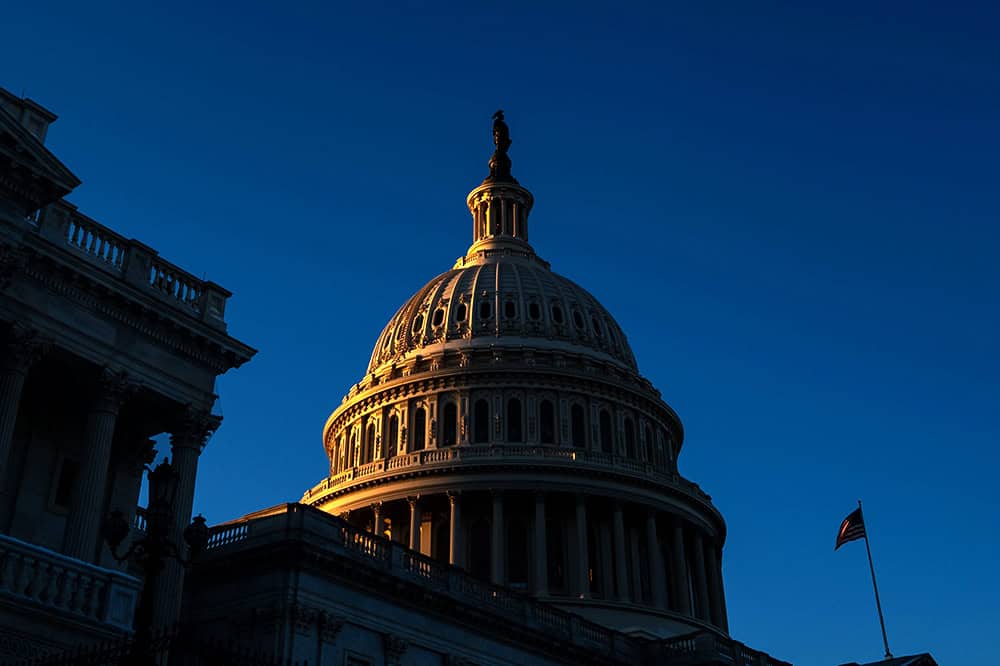Peterson Foundation Statement on House and Senate Budget Resolutions

NEW YORK — Michael A. Peterson, President and CEO of the Peter G. Peterson Foundation, commented today on the budget resolutions considered by the full House of Representatives and the Senate Budget Committee.
While many details are yet to be determined, the House resolution specifies that tax reform should be deficit neutral, but the Senate Budget Committee version would permit a tax cut that adds $1.5 trillion to our national debt.
Peterson said:
“As tax reform proposals advance in the House and Senate, it’s imperative that fiscal responsibility is a key part of the debate. Ideally, tax reform should improve our unsustainable fiscal outlook. With our national debt already at $20 trillion, policymakers shouldn’t even consider voluntarily adding trillions more in red ink.
“Our tax code is long past due for an overhaul, and there are many ways to improve it in a sustainable way. But irresponsible tax reform is counterproductive because increasing the national debt will reduce economic growth.
“To ensure that it’s responsible, tax reform should be evaluated with realistic assumptions. That means using nonpartisan scoring from the Congressional Budget Office and the Joint Committee on Taxation based on consensus economic assumptions, waiting for full scoring before voting, and rejecting gimmicks that obscure the true fiscal and economic impact of legislation.
“Relying on rosy projections for growth is an irresponsible shortcut that will damage our fiscal and economic health over time.
“Many leaders in both the House and Senate have advocated for fiscal responsibility throughout their public service, and this tax reform effort represents an important opportunity to improve our economy and our fiscal outlook at the same time. Comprehensive, fiscally responsible reform based on reliable economic assumptions will set America on a stronger path toward long-term prosperity.”
Last month, the Peterson Foundation released a set of eight principles that outline the central components of fiscally responsible tax reform.
Further Reading
What Is the National Debt Costing Us?
Programs that millions of Americans depend on and care about may be feeling a squeeze from interest costs on our high and rising national debt.
Interest Costs on the National Debt Are Reaching All-Time Highs
The most recent CBO projections confirm once again that America’s fiscal outlook is on an unsustainable path — increasingly driven by higher interest costs.
New Report: National Debt Outlook Gets Worse as Interest Costs Exceed $1 Trillion Annually
A new CBO report shows that the national debt outlook worsened from last year’s projections.


